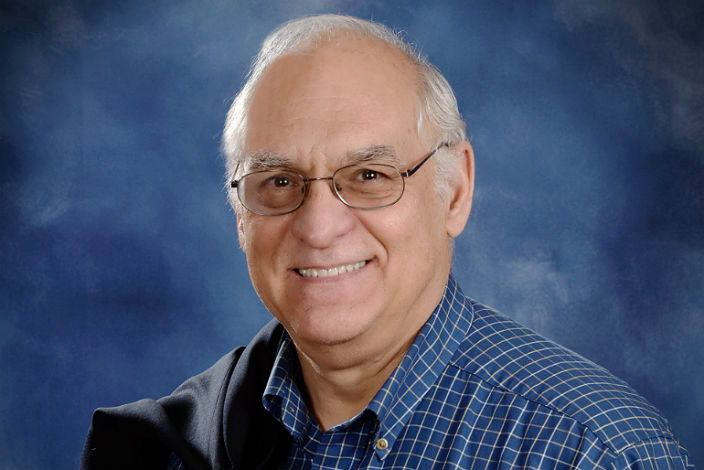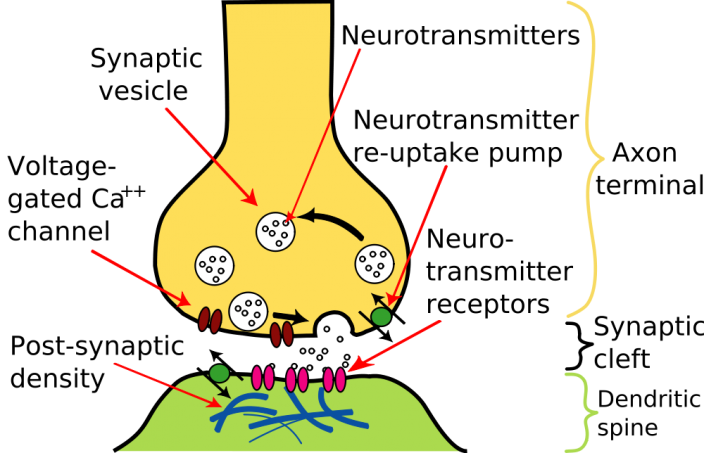
Neuroscientist Michael J. Kuhar has been studying brain for decades. He focused his research on analysis of the work of brain through chemical signaling and the effect of drugs on the brain through receptors. In 2012 Kuhar published The Addicted Brain book and now teaches online course at Coursera of the same name. We spoke with professor Kuhar about his studies, addiction treatment and the future of online education.
— What are you working on now?
— I closed my research lab at Emory University last year to focus on teaching and writing. I just finished teaching an online Internet course that several thousand people took. I am planning to update my book on the addicted brain as well as my ethics book. I am the editor in chief of a new research journal, the Journal of Drug and Alcohol Research. I am active on many committees of various kinds. I continue to give a variety of lectures at many levels throughout the world.
— Why did you choose the topic of addiction as your scientific interest?
— I wanted to work on the brain. When I was a young man, it was becoming an acknowledged frontier. I was fascinated by the fact that most drugs (antidepressants, addicting drugs etc.) took a long time to exert their maximal effects. I wanted to know how that happened and how that could be used to improve people’s lives.
— How well do scientists understand how the brain works? What are the white spots left?
— We are only beginning to understand how the brain works. There are too many unknowns to even mention. We know a bit about the synapse, about synaptic transmission, about drug receptors and about how drugs and behaviors affect and change the brain.

The presynaptic neuron (yellow) releases neurotransmitter, which activates receptors on the postsynaptic cell (green). Source: Wikipedia.
— Is there any basics steps in treating addiction? If one, for example, thinks he or she is addicted to coffee and wants to manage this addiction, what would be the treatment?
— Well, treatment is meant to vary and adjust to the specific person and his/her specific problem. A hallmark of addiction is the difficulty in stopping and in relapse. But this varies with the person.
I guess the first step would be to try to stop, and then find ways to get pleasures without drug. When and if that fails, go the next step to getting counseling. Then perhaps the next step is outpatient care, and then maybe inpatient care. There are also books and advice on the internet. You have to find ways to reduce the harm caused by drugs.
— You said that there are many unknowns in ways the brain functions. What puzzles you the most?
— Many things. Memory and consciousness are big ones.
— What are the benefits of MOOCs for you?
— Because the Internet is likely to be a major mechanism for future teaching, I wanted to be on the cutting edge of teaching methods. Also, I was very pleased that I could reach so many people around the world by a MOOC. It was a great experience for me.
Trailer for The Addicted Brain course.
— How do you see the future of online education? Will it ever become more common – and more respected – than traditional schools and universities?
— I think online education has a big future for some. Currently, education can be very expensive, somewhat unrelated to life’s problems, and online education can have a useful place. I think it already does as there are online degrees and various kinds of training. Will it be more respected that traditional universities? Maybe not, but what matters most is what you do with your life, not where you went to school – that is how I approached my life and education.